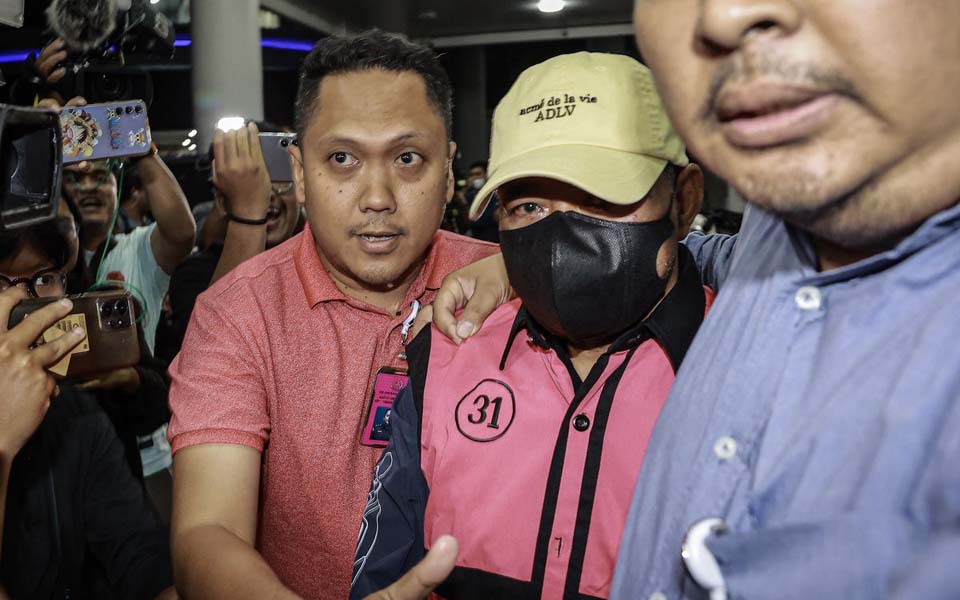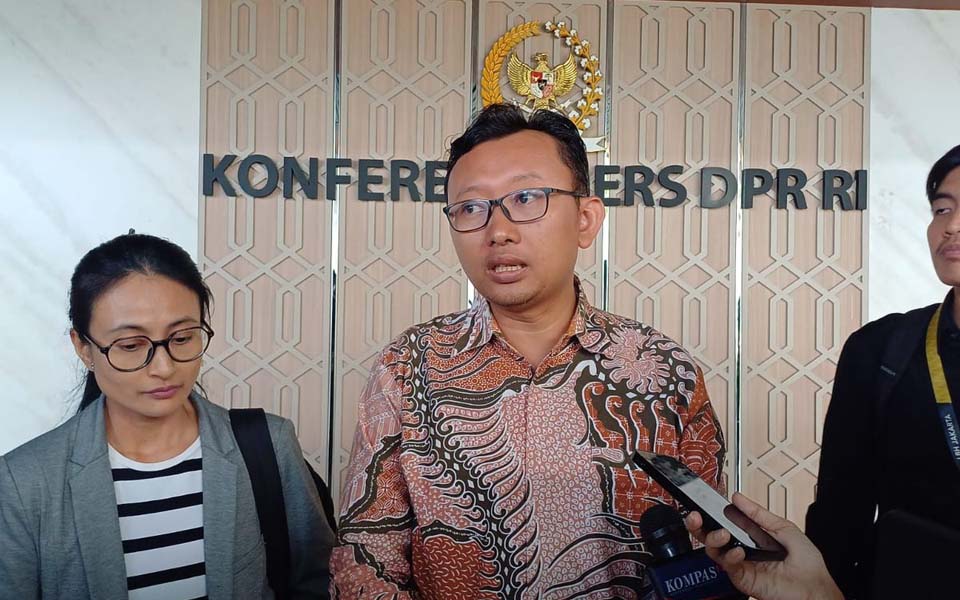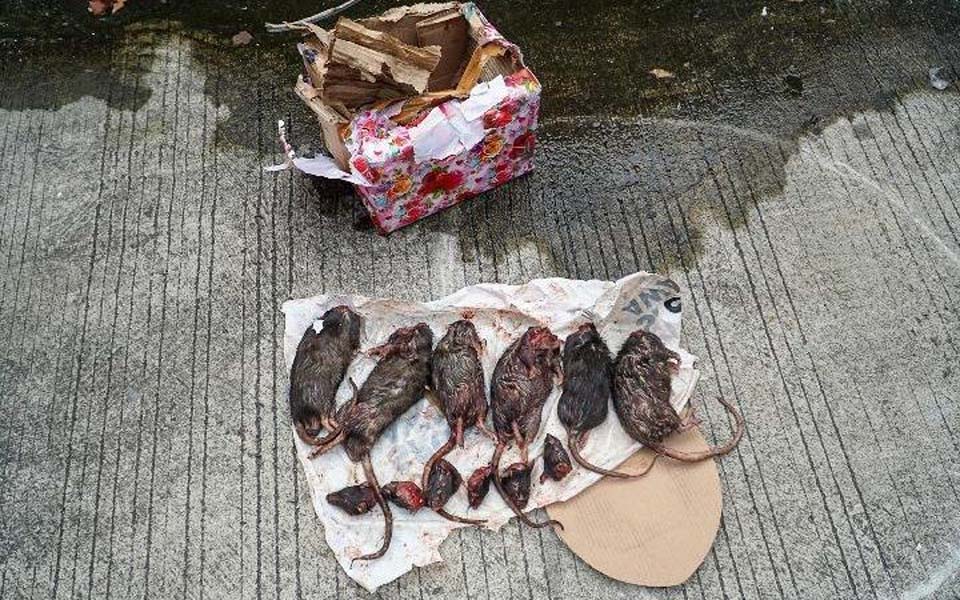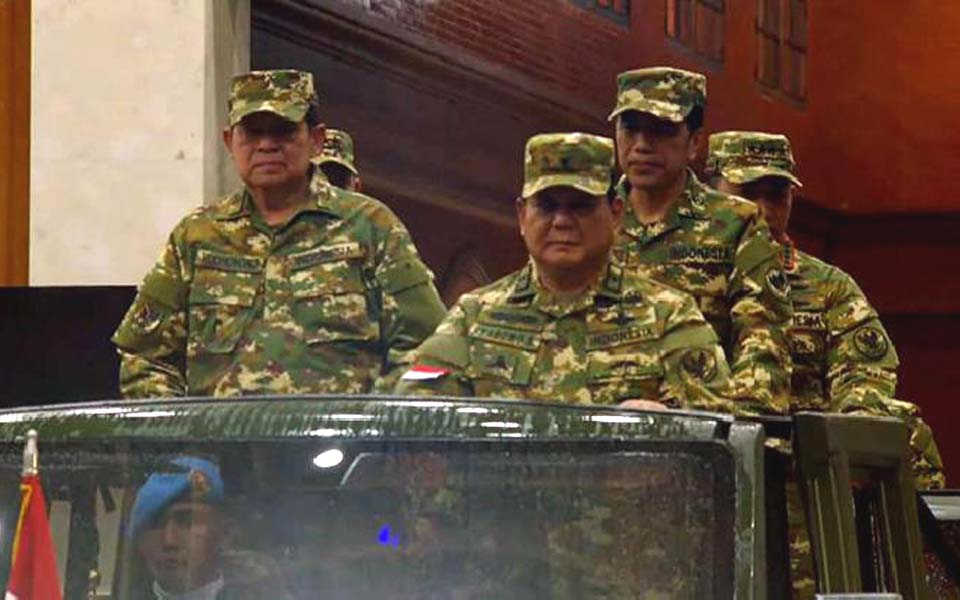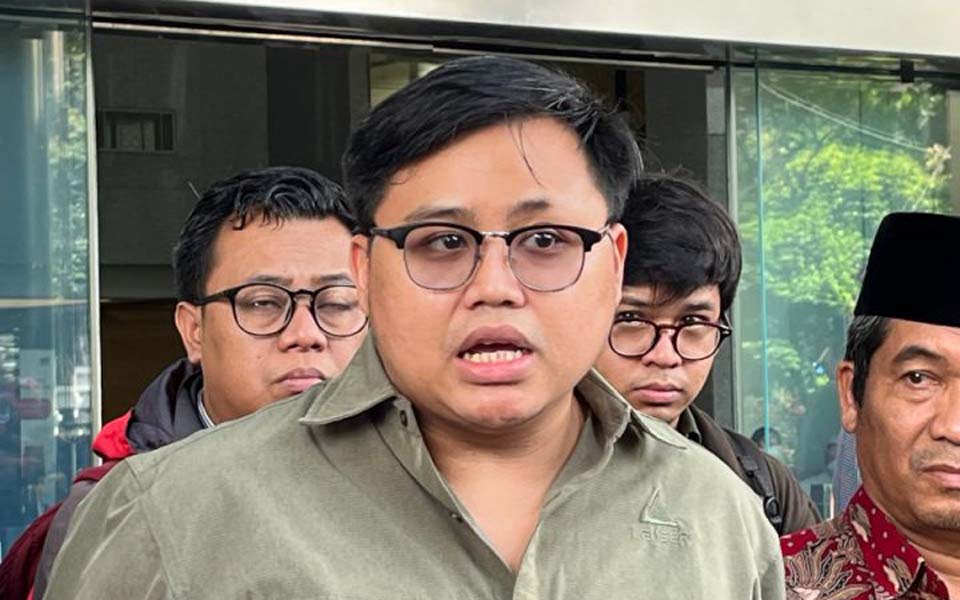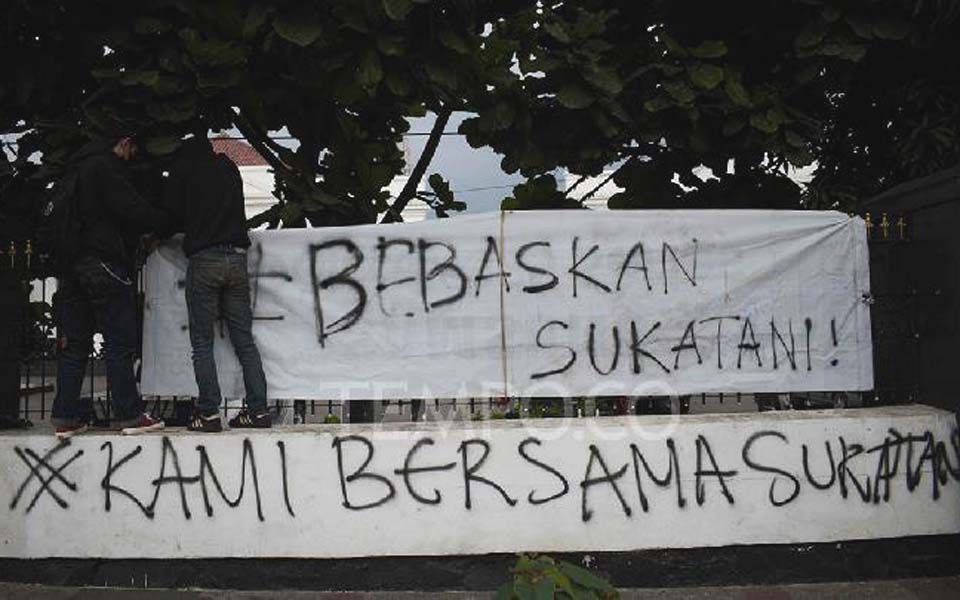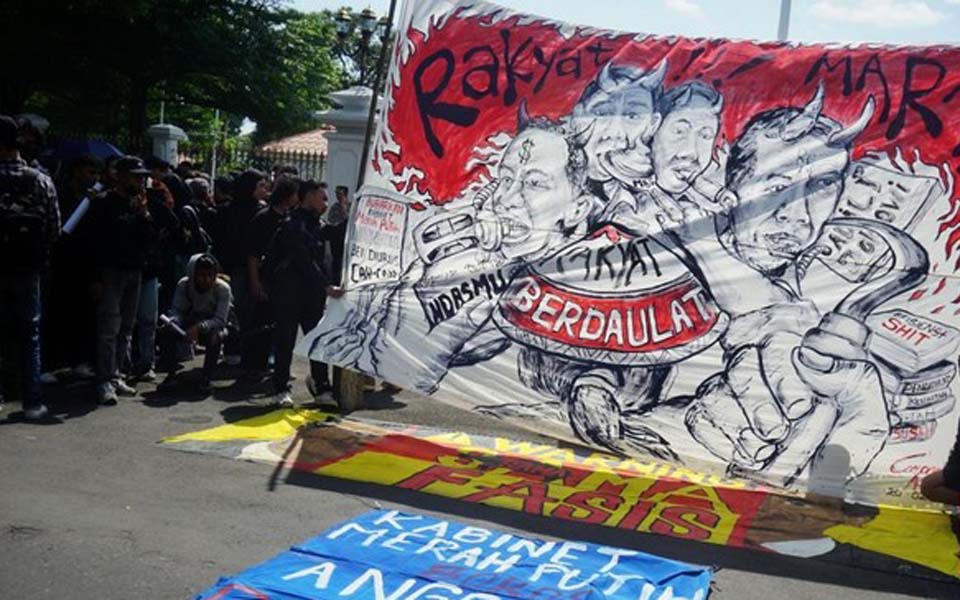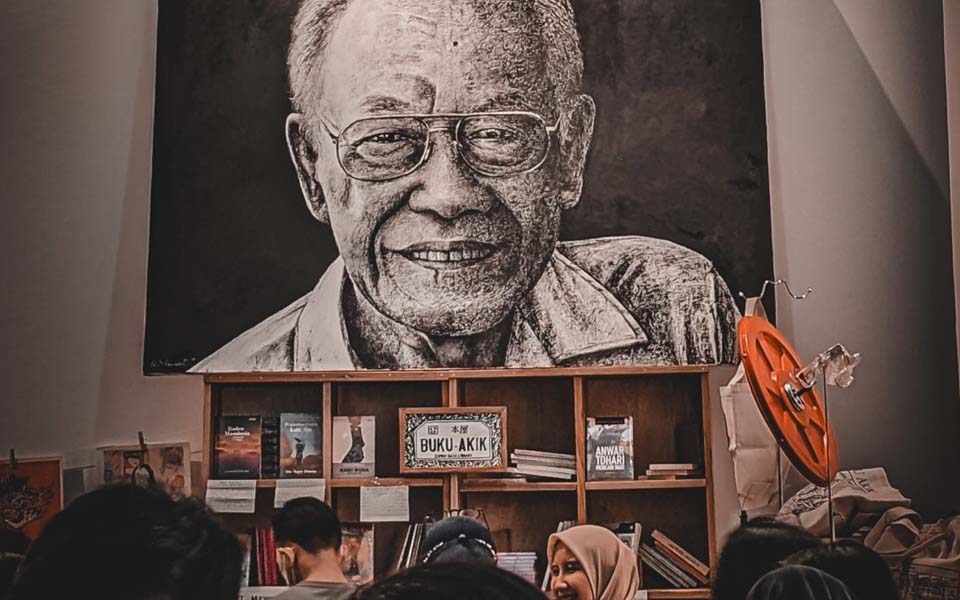Dian Kurniati and Adi Ahdiat, Jakarta – The Draft Criminal Code (RKUHP) has been widely criticised as being undemocratic.
Several groups have urged the government and the House of Representatives (DPR) to postpone the enactment of the RKUHP. Legislators have also been asked to review several of the problematic articles openly and with representatives of civil society groups.
The calls however have fallen on deaf ears. Minister for Human Rights and Justice Yasonna Laoly insists that the government and the DPR will push for the RKUHP to be ratified this month.
“[Deliberations on] the RUU KUHP are continuing. We hope that the government and the DPR will finish the remaining [articles]. If not, well, it will be taken to a Raker [working meeting]. After the Raker is finished, we’ll take it to a Paripurna [plenary meeting]”, said Laoly at the National Resilience Institute offices on Thursday September 5.
Crucial issues already agreed on
Laoly said that the government and the DPR have already agreed on several crucial issues in the RKUHP, namely:
- The enforcement of “living law” in society, including customary law;
- The death penalty will be applied as an alternative punishment;
- The articles in insulting the president;
- Special crimes such as corruption, money laundering, narcotics, terrorism and gross human rights violations;
- Rape as a crime against the body, and;
- The transitional stipulations after the RKUHP has been ratified.
According to Laoly, one of the things that has still not been agreed on is the articles on morality such as the issues of adultery, cohabitation and obscenity.
He also believes that the RKUHP must be immediately ratified in order to replace the current legislation which ipso facto represents a legacy of the Dutch colonial era.
Colonial era stipulations remain
Civil society organisations however have many objections with the RKUHP. Indonesian Alliance of Independent Journalists (AJI) for example, opposes 10 articles in the RKUHP which it says are prone to criminalising journalists.
“Criticising the government, criticising the president, criticising state institutions, incitement against state authority, and even writing reports on the judiciary are included as ‘criticism’. If there is legislation which provides criminal provisions on these actions, it’s the same as a kind of legal umbrella to undermine press freedom”, AJI General Chairperson Abdul Manan told KBR on September 2.
The Commission for Missing Persons and Victims of Violence (Kontras) has also declared its objections saying that the RKUHP will not be able to be used to try the masterminds of past gross human rights violations.
Meanwhile the Institute for Criminal Justice Reform (ICJR) believes that the RKUHP still contains colonial era stipulations.
According to the ICJR, as of the final draft on August 28, the RKUHP still contains many ambiguous articles which could target academia, the press and social groups that criticise those in power.
“Yet, expressing a view against the actions of those in power, in this case it also includes judges and the courts, in a democratic world such [criticism] is considered normal”, explained the ICJR on its official website on August 29.
[Translated by James Balowski. The original title of the article was “RKUHP Dikritik Tidak Demokratis, Pemerintah dan DPR Jalan Terus”.]






